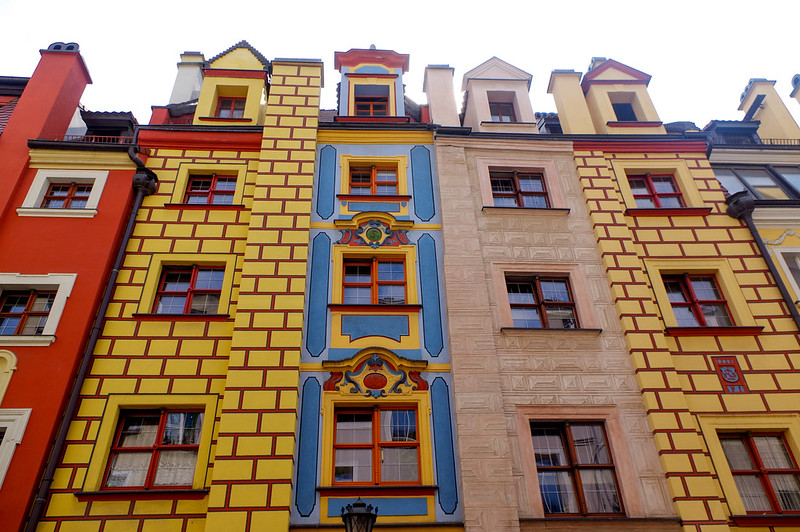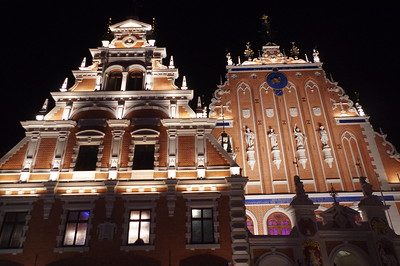In the heart of Europe, Poland welcomes travellers for a breathtaking and dynamic visit. Come and dust off the image of a sad country marked by tragedy and discover the joys of Poland
Today, Poland has recovered, affected but alive and well, and offers the traveller a masterful lesson in courage and pugnacity to rebuild. It is now beautiful, colourful and dynamic. It has won back its cities, its language and its culture of yesteryear and get the recognition of its great value. Run quickly to meet Poland and Poles!
Bcześć Polska, azywam się Christine, jestem Francuzką, miło cię poznać! Hi Poland!
Come and discover Poland in technicolor
A real treasure 2 hours flight from Paris
In the middle of Wroclaw Square, early in the evening, I take a 180 ° tour with the smartphone to let my interlocutor enjoy the view.
“But where are you ?”
“Ha Ha, guess a little …”
“Prague, Amsterdam, Budapest?” All the countries pass there except Poland.
“Cat got your tongue?” My friend cannot believe it. “Poland, Serious? But it’s magnificent!”.
Well yeah. Come and take your slap in Eastern Europe!
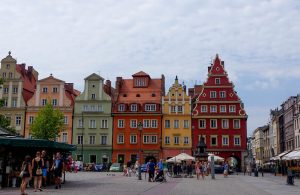
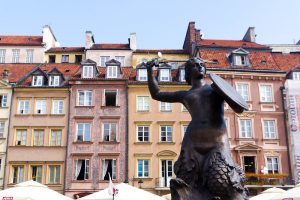
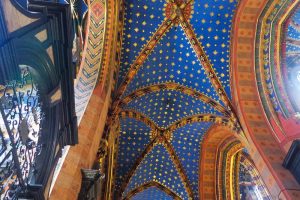
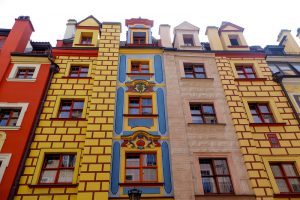
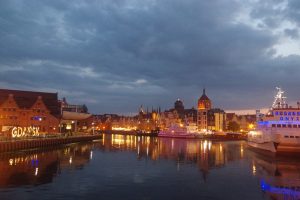
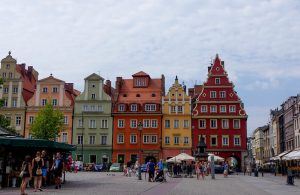
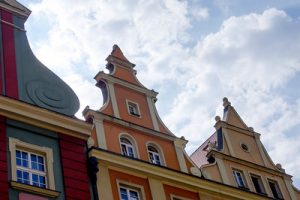
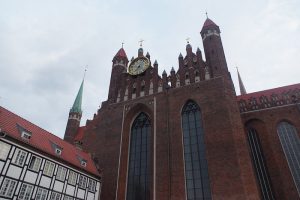
It’s not just Krakow or Warsaw to explore, Wroklaw is worth a visit
It is a real pleasure to walk along the canals derived from the Oder. They form 12 islands of unhoped-for greenery which can be visited by crossing elegant footbridges. These islands are planted with restful parks, universities, churches and imposing monuments. These canals have earned it the name Little Venice of Poland and this is not a usurped title.
The first blow awaits the traveller on the market square (Rynek). Gigantic, it is dazzling. You can eat and drink there, every evening it’s party time: brass band, group of jazz musicians or classical singers, violin, double bass, electric guitar, the choice is yours. Enthusiastic? As I said before, it’s only the beginning.
Krakow is a real gem, the whole city is a superlative
It is effortlessly rising to the rank of one of the most beautiful cities in Europe alongside its neighbours Prague, Vienna and Budapest. Words are lacking to describe this historical, architectural and cultural profusion. The atmosphere in Krakow is stunning. The city buzzes like a beehive. The restaurants are gourmet and copious, the bars cheerful, the monuments striking.
Krakow also owes the (very justified) fame of its historical centre to the fact that it was not destroyed during the 2nd World War. A miracle, when we see the relentlessness with which the Nazi Germany has struggled to raze the country to the ground. The monuments are therefore original, unlike Gdansk or the old city of Warsaw.
It’s not over yet, we still have to make room for Gdansk, romantic among romantics
This city was 95% razed to the ground during the Second World War. Crossing the city gate and discovering the streets is quite simply a wonder: the city on the Baltic Sea is grandiose. Romantic, lively, it has Our Lady of Gdansk in its centre, the third largest brick church in the world after Munich and Bologna (Bologna with a B, in Italy). It has been completely rebuilt exactly as all the buildings in the old town. This does not detract from its charm, although it has been freshly repainted, it smells authentic.
Poland has 1000 faces, you have to take the time to get to know them all
It would take much more than one article to describe Poland in detail and list its treasures. The reasons for visiting it are hardly likely to be found in an encyclopaedia. The history of this country, ancient or modern, its roots, traditions, heritage, culture or gastronomy are a real joy for the traveller. Cities, villages, beaches by the sea yes but still? National parks where you can climb, hike or camp. The Tatra National Park, the Giant Mountains welcome explorers of all kinds.
Poland, history and war
Poland suffered terribly during the Second World War. In the history books, schoolchildren learned it well, Poland was the second country annexed (after Czechoslovakia) by the Nazis and sadly marked the beginning of World War II.
Invadors had the firm intention to destroy the inhabitants and seize territories. Warsaw is sadly famous for its Jewish ghetto and its uprising of April 13, 1943. The insurgents resisted the most powerful army in the world for 1 month. This act of resistance is one of the most commemorated.
However, for a Pole, the Warsaw Uprising tells a different story that begins on August 1st, 1944. The Polish resistance takes up arms and throws itself into a battle as unequal as ideadly against the Nazi occupiers. This resistance, which lasts 63 days, is crucial to ensure that Poland does not fall into Soviet hands. The Red Army waits on the other side of the Vistula without moving. Powerful tanks and well-equipped soldiers do not help the insurgents. Stalin is determined to seize the country, and that’s what he will do. So he’s very satisfied to get rid of the polish reticent to the occupation.
Sadly, the Poles are massacred, 80% of the city is destroyed, quarter by quarter and burns for days.
Don’t be surprised by the irritated reaction of a Pole if for you (and also for the internet), “Warsaw uprising” only corresponds to the “uprising of the Jewish ghetto”.
The Polish people were heroic in the battles, the Polish resistance was the strongest in Europe, they would like us not to forget that.
Are Polish people nice?
Yes! They are! The young people speak English very well and are happy to guide or exchange with the lost traveller. Welcoming, if they are not always smiling at first sight, just break the ice and be patient, you will be surprised by their kindness.
Speaking Polish is difficult, but learn the basics, the effort will be appreciated by the locals
Be careful not to discuss angry subjects with all Polish
Say it in Polish with the right accent: do widzenia or Na Zdrowie. Do vi-dzè-nia and na-z-dro-viè.
In Poland, caution, don’t joke about religion
Dziękuję Polsce, do widzenia i do zobaczenia wkrótce!
Next travel: L'et's visit Baltic countries!
We know it for many subjects, it is not the size that counts. The countries to discover are no exception to the rule: small countries are as surprising, exotic and breathtaking as the big ones.
